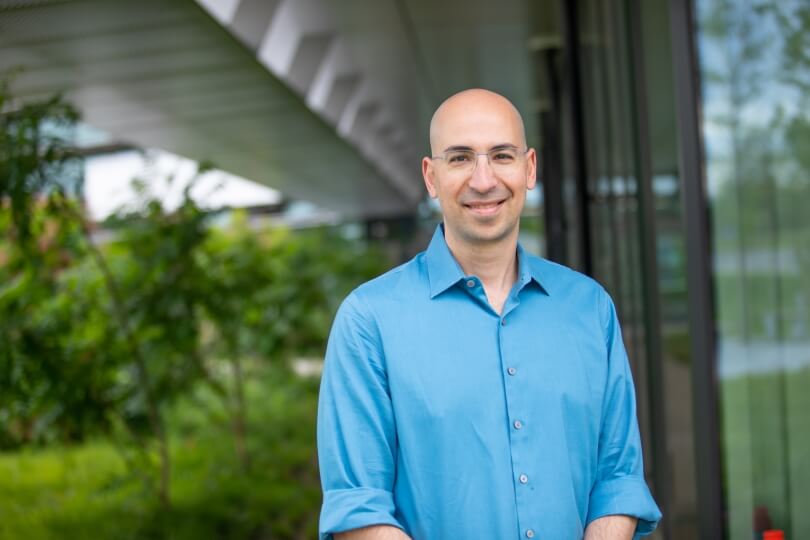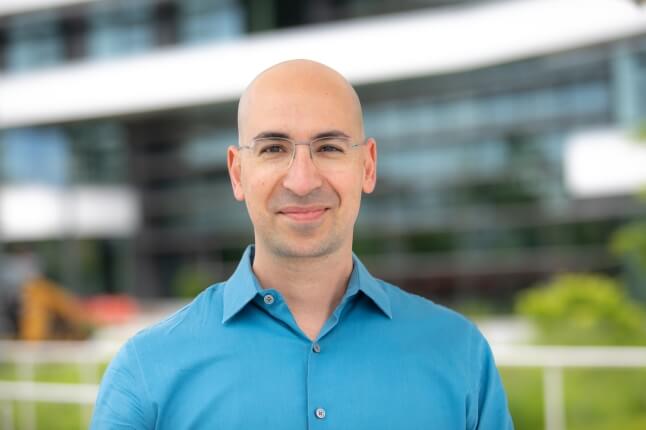News
Ariel Procaccia is the Alfred and Rebecca Lin Professor of Computer Science at the Harvard John A. Paulson School of Engineering and Applied Sciences (SEAS). His work combines mathematics, computer science, and AI to develop fairer, more representative methods of collective decision-making. This interview has been edited for clarity and length.
Q: Your research touches on democracy and civic decision-making. What draws you to these questions?
A: Many people feel that democracy is under strain—trust in institutions is low, polarization is high, and the way we make decisions hasn’t changed much in centuries. Meanwhile, the world around us has transformed dramatically. We now have powerful tools from mathematics and computer science that didn’t exist when our democratic institutions were designed.
I’m excited about applying these tools to support democratic innovation. A good example is citizens’ assemblies—randomly selected groups of people from all walks of life who meet to deliberate major policy questions and offer recommendations to policymakers. These assemblies can produce thoughtful, representative decisions, but running them well is hard.
One of the big challenges is how to select participants. You want the assembly to accurately reflect the broader population in terms of age, gender, education level, political views, and more. At the same time, you want the process to feel fair, so everyone has a real chance to be chosen. Balancing those goals requires careful mathematical thinking, and we’ve been developing algorithmic approaches that help make those selections more representative and more trustworthy.
Q: Are there applications of your work beyond government?
A: Fairness plays an obvious role in democracy. I’m especially motivated by questions that connect deep theoretical ideas with real-world applications. A major theme in my work is fairness—what it means, how to define it rigorously, and how to design systems that support it.
Fairness plays an obvious role in democracy, but it also affects smaller, everyday problems. A decade ago, we launched an online platform called Spliddit (spliddit.org) to provide fair-division solutions for real-life scenarios. One of the most popular tools is for dividing rent among roommates who value rooms differently—one may prefer more space, another more light, another a quieter room.
Our goal is to compute an envy-free solution, meaning each roommate feels they got the best possible deal. We developed algorithms that carefully balance monetary payments and individual preferences, and these tools are now used widely by people looking for practical, transparent, and fair outcomes.
Q: How do your interests in democracy, fairness, and algorithm design fit together?
A: They’re connected by a shared goal: to create systems that help people make decisions in ways that are fair, transparent, and grounded in rigorous reasoning.
Whether we're designing a citizens’ assembly, supporting public decision-making, or helping roommates split rent, we’re dealing with the same core challenge - define fairness precisely, then build algorithms that bring that definition to life.
This intersection—where deep theoretical ideas meet real-world impact—is where I think computer science can offer enormous value to society.
Topics: Computer Science, Meet Our Faculty
Cutting-edge science delivered direct to your inbox.
Join the Harvard SEAS mailing list.



